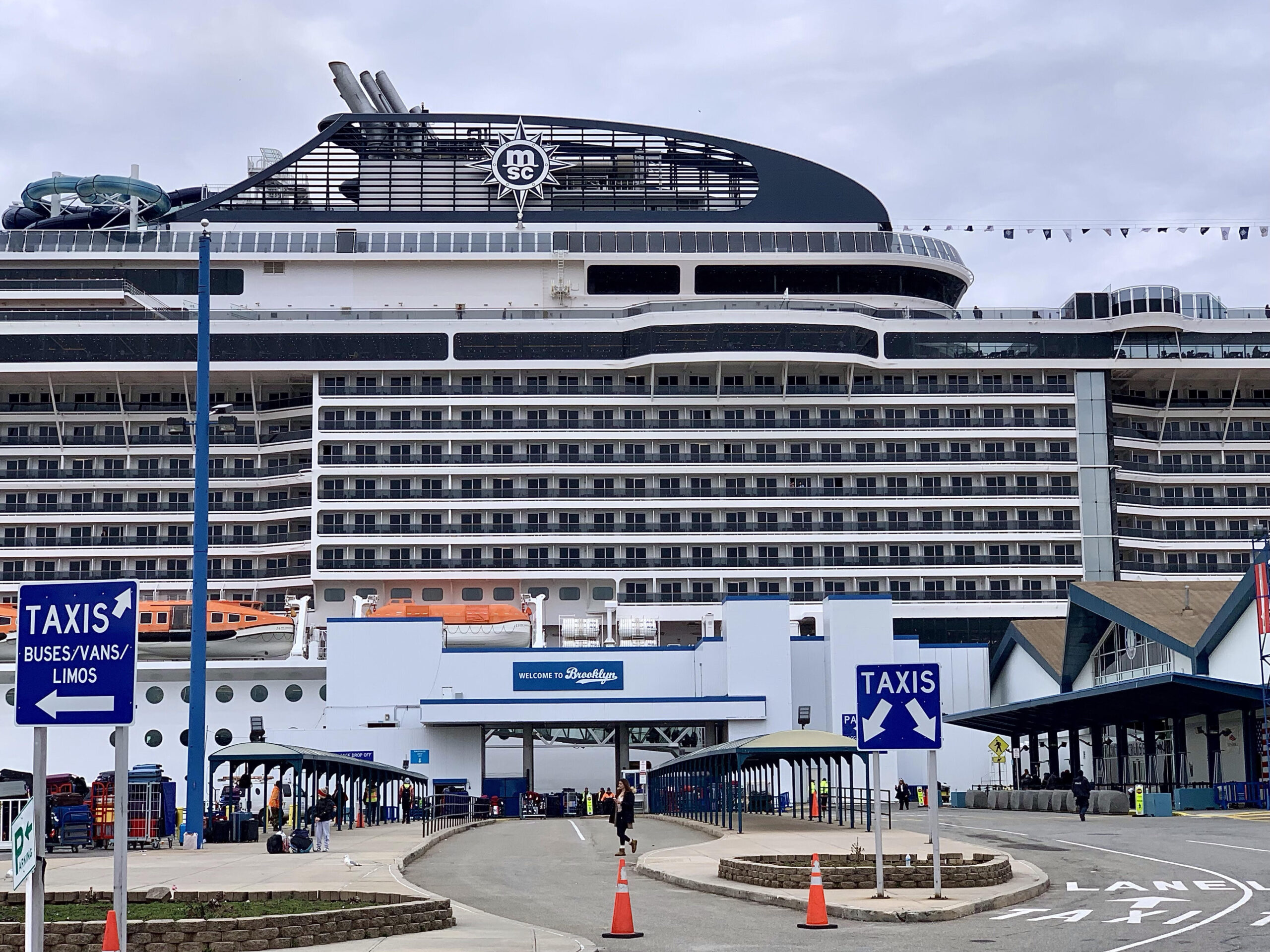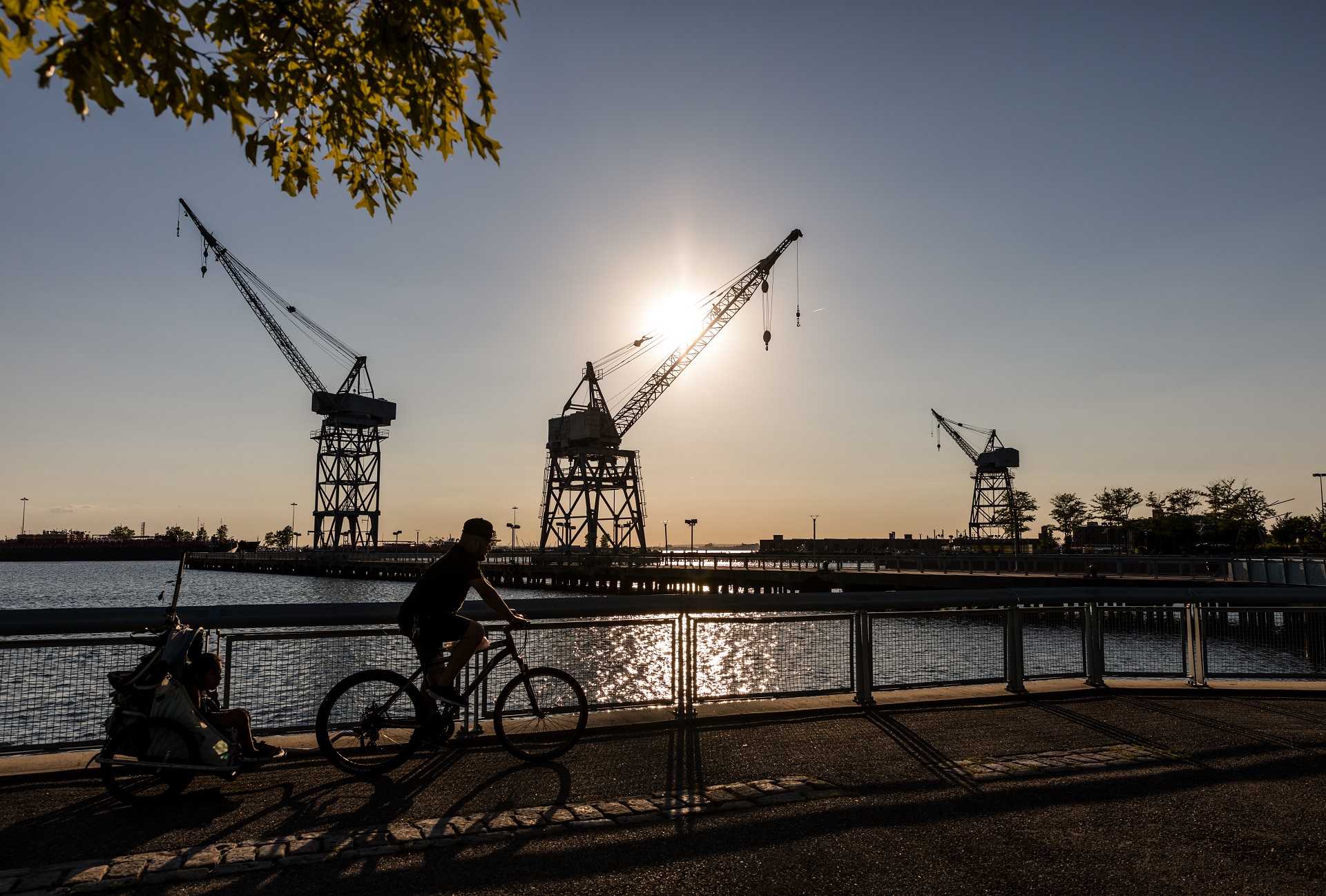Opinion: Red Hook’s call for responsible cruise and EDC oversight

Red Hook’s vibrant mixed-industry, working waterfront economy often stands at the crossroads of opportunity and crisis. Now, New York City’s haphazardly executed surge in cruise ship dockings, combined with the neglect of the cruise terminal, port infrastructure and the absence of planning for traffic or tourism, has dropped a mess of toxins and traffic on Red Hook’s residents and small business economy.
The arrival of the MSC Meraviglia in April 2023, which carries more than 5,600 passengers, brought hours of gridlock resulting in bus rerouting, ambulances driving on the sidewalk and unsafe walking and biking conditions. These conditions repeat every time the MSC Meraviglia docks. Hours of community meetings with the NYC Economic Development Corporation (EDC) in the aftermath exposed critical flaws in planning and oversight of Red Hook’s waterfront resources by the EDC. After almost two decades of poorly managed cruise programming, enforcement and accountability are needed.
The EDC estimate for the economic impact of cruises in NYC is $420 million per year. We estimate that a fraction of 1% comes to Red Hook businesses. Financial gains go directly into Manhattan or are scooped up as part of the port contract itself.
